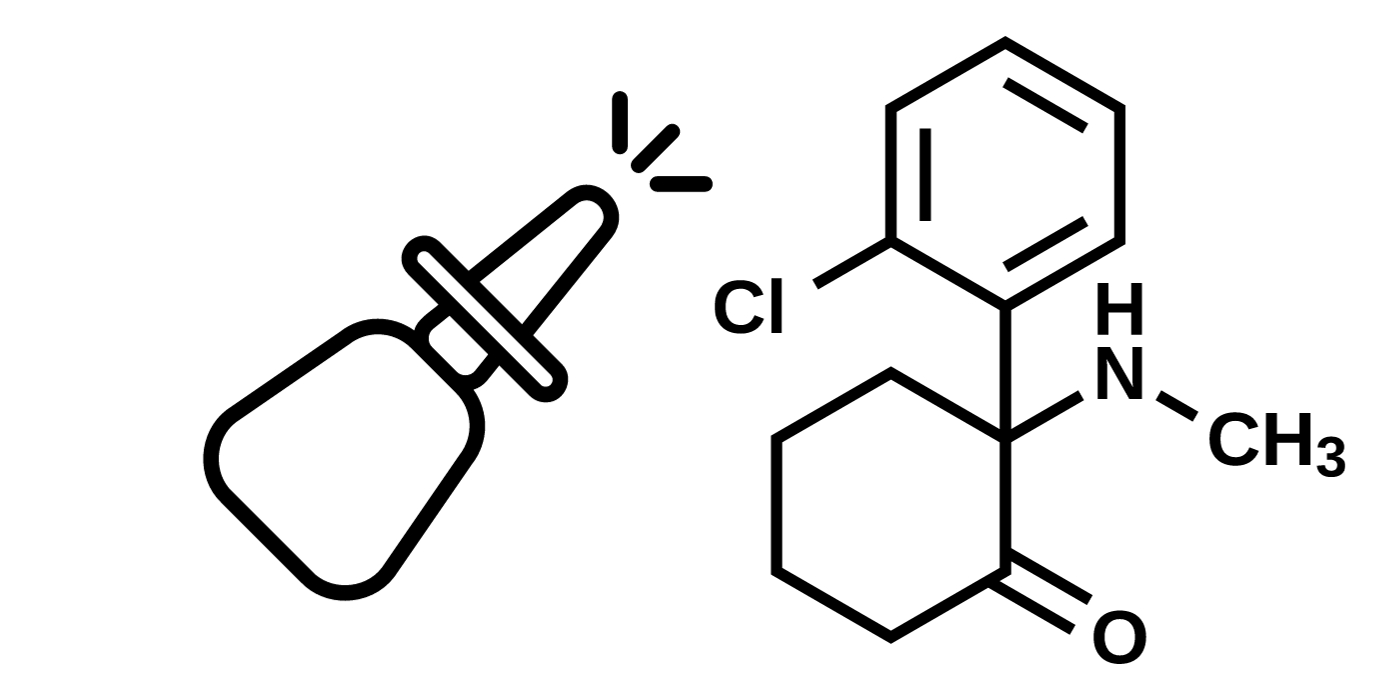The U.S. Food and Drug Administration is warning that at-home ketamine treatments pose a host of unknown risks.
The FDA issued the advisory on Oct. 13, stating that the use of compounded ketamine products without medical supervision can lead to “serious adverse events.”
The only ketamine product currently approved to treat a psychiatric disorder is esketamine, under the brand name Spravato. The FDA approved the drug in nasal-spray form in 2019 for treatment-resistant depression and depressive symptoms in adults with major depressive disorder and acute suicidal ideation. Due to potential risks, including sedation and abuse, Spravato must be administered in a health care setting.
However, many doctors have been prescribing the anesthetic for off-label use. This includes unsupervised dosing of compounded ketamine.
As the New York Times reported in a Feb. 20 article, the telemedicine boom that took hold during the COVID-19 pandemic led to proliferation of at-home ketamine outfits. These telemedicine clinics offer remote consultations and prescriptions of compounded forms of ketamine. The medication often comes in the form of lozenges, also called troches.
The Times article noted that firms like Joyus offer “rock-bottom pricing and daily dosage adjusted by text message.”
In some cases, doctors who administer ketamine will also prescribe compounded ketamine as part of a post-treatment maintenance program.
The FDA cautioned that it has not determined that such uses of ketamine are safe and effective. The agency noted patients may face serious risks if they use compounded ketamine without supervision from a health care provider to monitor for sedation, dissociation and changes in vital signs, including blood pressure and heart rate.
“Known safety concerns associated with the use of ketamine products include abuse and misuse, psychiatric events, increases in blood pressure, respiratory depression (slowed breathing), and lower urinary tract and bladder symptoms,” the FDA noted.
The FDA first published a ketamine compounding risk alert on Feb. 16, 2022. Since publishing that alert, the FDA received an adverse event report of a patient who experienced respiratory depression after taking compounded oral ketamine outside of a health care setting for the treatment of post-traumatic stress disorder. The patient’s ketamine blood level appeared to be twice the blood level typically obtained for anesthesia.
The agency also noted that it has not established safe or effective dosing of ketamine for any psychiatric indication and that dosages of marketed by compounders and telemedicine platforms may vary, making risks associated with those products unpredictable.

